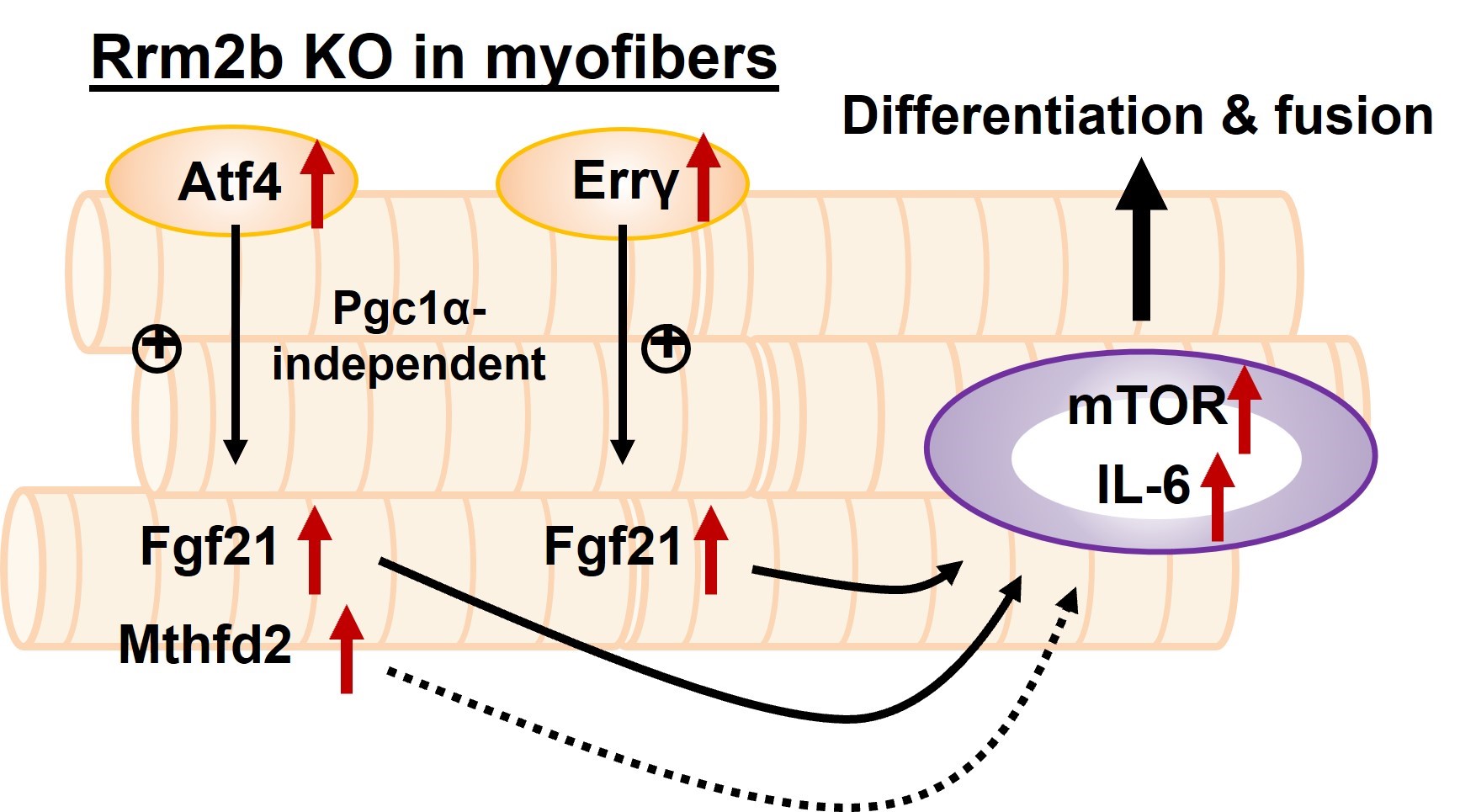In 2023, Dr. Ching-Wen Chang, Assistant Professor of Graduate Institute of Metabolism and Obesity Sciences, Taipei Medical University, has collaborated with Professor Xin Wei Wang, a Senior Investigator at the National Cancer Institute of the National Institutes of Health, and their team members revealed a genetic basis of mitochondrial DNAJA3 in nonalcoholic steatohepatitis-related hepatocellular carcinoma. Their research, published in Hepatology in October 2023, paves the way for understanding the progression from NASH to HCC.
Metabolic dysfunction-associated fatty liver disease (MAFLD) is a prevalent issue globally. The rise in MAFLD cases can be partly attributed to shifts in disease etiologies, such as those linked to dietary habits. For instance, unhealthy diets are known contributors to nonalcoholic fatty liver disease (NAFLD). Interestingly, only about 20% of individuals with NAFLD advance to the more severe nonalcoholic steatohepatitis (NASH), and some of these cases may progress to liver cirrhosis. Those suffering from metabolic syndrome-associated NASH are at an increased risk of developing hepatocellular carcinoma (HCC), a factor in the escalating global incidence of HCC.
Their findings suggested that the mitochondrial chaperone Hsp40 DNAJA3 could serve as a potential risk marker for NASH, and its associated signaling pathways might offer new therapeutic opportunities for NASH-related HCC. The collaboration between research teams in Taiwan and the United States culminated in a joint publication, showcasing the power of international collaboration in advancing scientific knowledge. This study shows a significant breakthrough in understanding the molecular mechanisms of NASH transitioning to liver cancer, providing a new insight for future directions in liver cancer prevention and treatment.
* Look into the Research Paper: A Genetic Basis of Mitochondrial DNAJA3 in Nonalcoholic Steatohepatitis-related Hepatocellular Carcinoma











 from the Center for General Education at Taipei Medical University.jpg)


